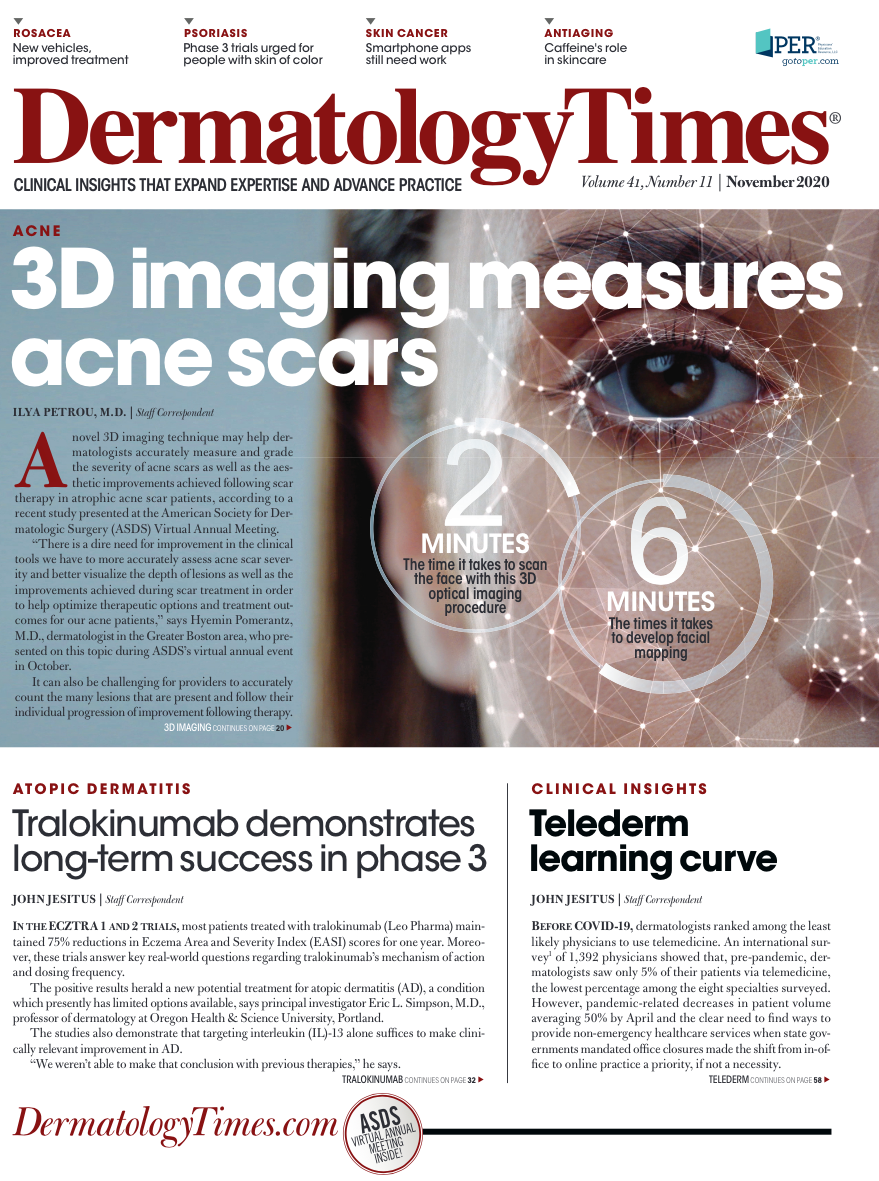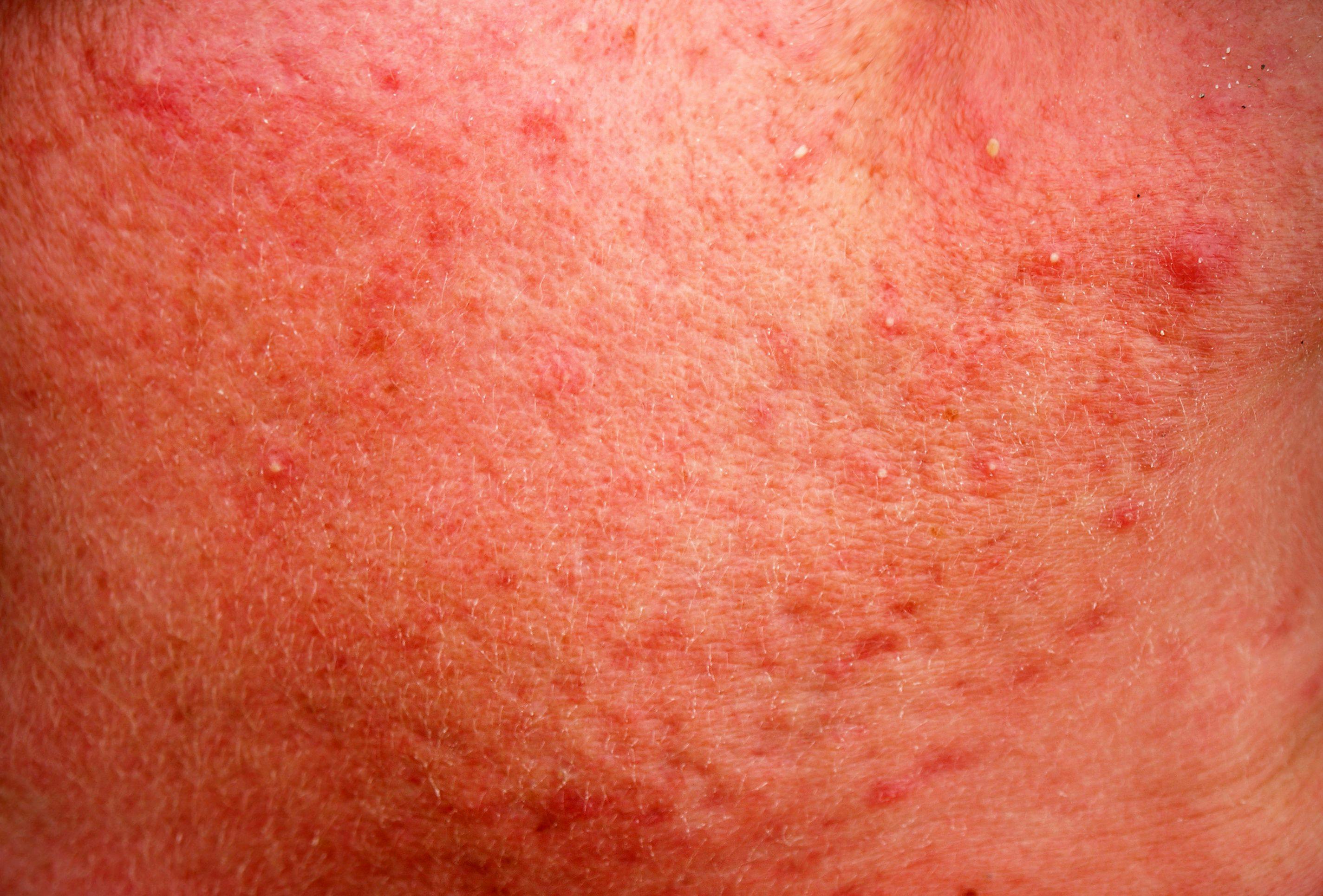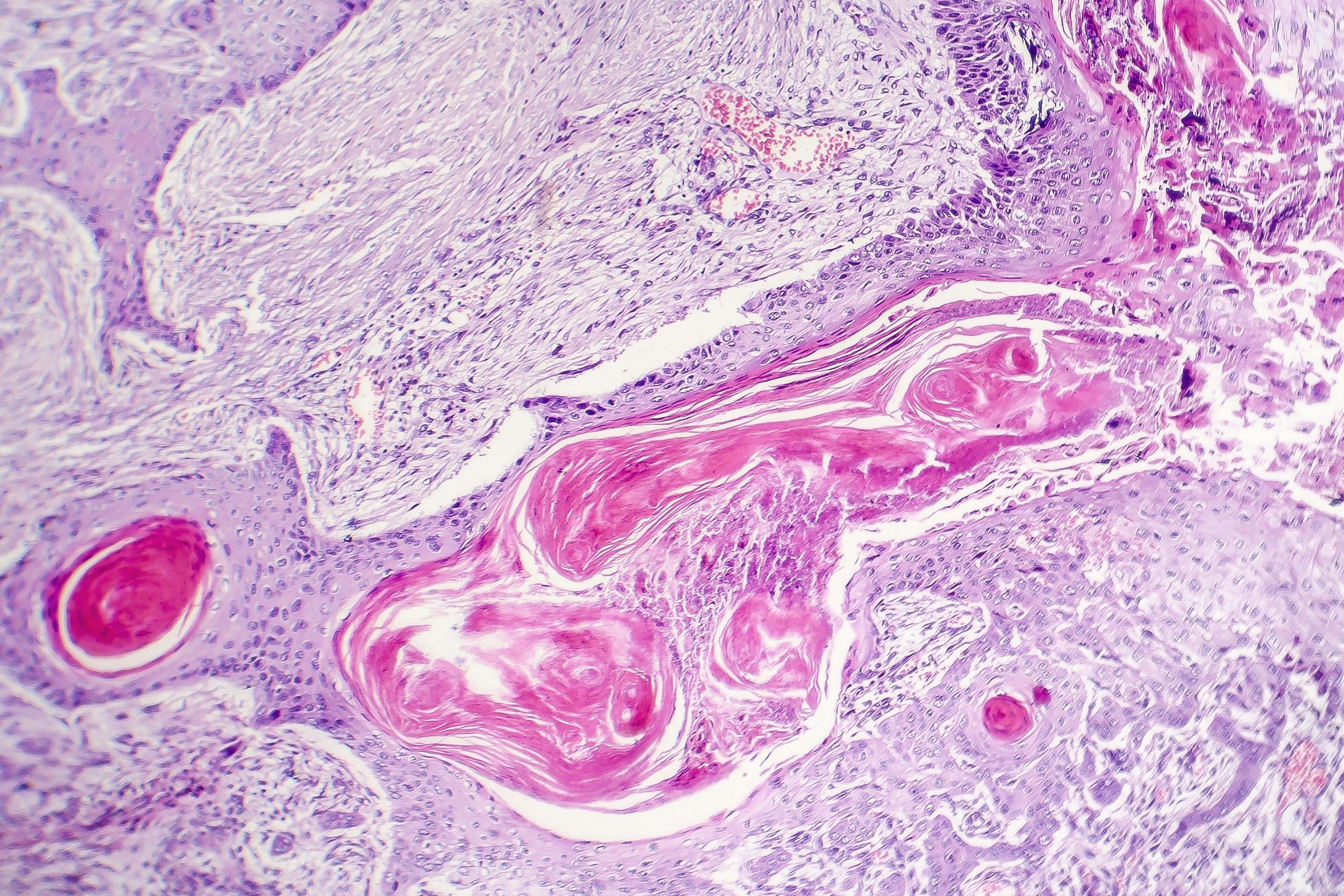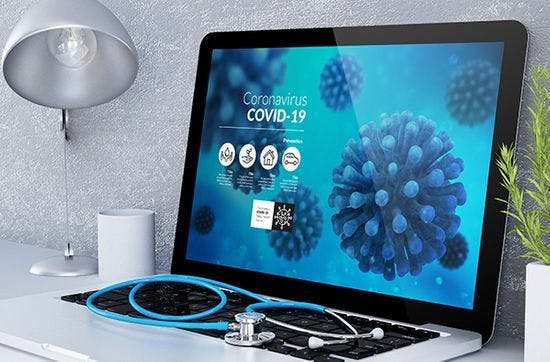- Acne
- Actinic Keratosis
- Aesthetics
- Alopecia
- Atopic Dermatitis
- Buy-and-Bill
- COVID-19
- Case-Based Roundtable
- Chronic Hand Eczema
- Chronic Spontaneous Urticaria
- Drug Watch
- Eczema
- General Dermatology
- Hidradenitis Suppurativa
- Melasma
- NP and PA
- Pediatric Dermatology
- Pigmentary Disorders
- Practice Management
- Precision Medicine and Biologics
- Prurigo Nodularis
- Psoriasis
- Psoriatic Arthritis
- Rare Disease
- Rosacea
- Skin Cancer
- Vitiligo
- Wound Care
Publication
Article
Dermatology Times
Biologics, small molecule drugs expand AD options
Author(s):
Dupilumab and JAK inhibitors are leading the way in atopic dermatitis treatment, but there are numerous clinical trials of both new biologics and new small molecule drugs, and future treatment regimens likely will utilize both.
Although the pathophysiology of atopic dermatitis (AD) is being increasingly understood, ideal treatment approaches remain challenging, particularly in patients with more severe disease. A recent paper1 presented an update on the current and potential therapeutic approaches for AD ranging from various bio- logics to small-molecule drugs such as the Janus kinase (JAK) inhibitors.
Atopic dermatitis is one of the most common chronic inflammatory skin diseases and is estimated to occur in 7-10% of adults and 5-10% of children. Two major mechanisms are thought to promote the chronic inflammation of the skin, namely a genetically determined impairment of the barrier function of the skin triggered by mutations in barrier and structural proteins, respectively, as well as a genetically determined immunological disbalance characterized by an enhanced TH2 response accompanied by the production of inflammatory cytokines such as interleukin (IL) IL-4 and IL-13.
Cyclosporine has long been considered to be the only systemic medical therapy available for patients with AD but more recently, dupilumab, an antibody against the IL-4/IL-13 receptor has also found its use in patients with moderate to severe AD symptoms.
“Dupilumab is the first effective and very well tolerated biologic available for treatment of moderate to severe atopic dermatitis. Numerous other biologics are currently under clinical investigation and may expand the range of therapies for treatment of atopic dermatitis in the future,” writes Margitta Worm, M.D., Professor of the Department of Dermatology and Allergology, Charité - University Medical Center Berlin, Berlin, Germany, and fellow colleagues, in the study recently published in the Journal of the German Society of Dermatology.
As the first approved biologic for the treatment of moderate to severe AD in adolescence and adulthood, the researchers said that the drug has led to a significant improvement in the treatment of patients with more advanced disease. In a recent study including 104 patients with AD, the researchers found that 32% of the patients achieved a SCORing Atopic Dermatitis (SCORAD) 75 and 67% achieved a SCORAD of 50 after three months of dupilumab therapy. At the six-month follow-up, the SCORAD improved more than 60%. Moreover, the researchers found that the affected body surface area was significantly reduced from 42.17% to 9.9%.
According to the researchers, approximately 90% of patients who receive dupilumab adhere to the therapy. Although infections of the skin are commonplace in atopic dermatitis patients, particularly in moderate-to-severe cases, data has shown no increased risk of skin infections in patients on long-term dupilumab therapy.
A mosaic of other cytokine inhibitors and cytokine antagonists currently in clinical development for the treatment of AD include antibodies against IL-13, IL-31, oxazolone (OX)40, thymic stromal lymphopoietin (TSLP) and TSLP receptor, IL-33, IL-22, as well as IL-17. Of these agents, the furthest advanced in development is tralokinumab, an antibody directed against IL-13 that blocks the IL-13 signaling pathway. The phase 2b trial showed a significant reduction in the Eczema Area and Severity Index (EASI) in patients with moderate-to-severe AD, demonstrating response rates of up to 70% for EASI 50 and up to 40% for EASI 75. Lebrikizumab, another antibody against IL-13, has also demonstrated comparable positive outcomes in a recent phase 3 trial.
JAK inhibitors are small molecules used to interfere with intracellular signaling pathways. The most advanced oral JAK inhibitors to date include baricitinib, PF01, and ASN. They have been shown to be effective in the treatment of moderate-to-severe AD and to benefit from a rapid onset effect. The initial phase 2 clinical trial data revealed an efficacy between 60-82% with respect to EASI 50. Of note, the side efficacy profile appears to be broader when compared to dupilumab. However, the researchers observed increased incidence in infections, particularly the herpes virus.
“The side effect profile demonstrates that infections are more common and that certain lab parameters are altered under therapy, necessitating more intensive patient monitoring,” say the study authors. “JAK inhibitors may, therefore, be particularly beneficial for short-term interval treatment of patients with AD.”
Topical JAK inhibitors have also been developed and are currently in clinical trials including tofacitinib, delgocitinib, and ruxolitinib. Initial data in patients with moderate to severe AD show response rates of 70-80% after a mean treatment time of four weeks. Similar promising initial clinical data is also being seen in children with AD, demonstrating moderate-to-clinical efficacy and a good tolerability.
“For example, the prospects of a patient severely affected with atopic dermatitis would be treatment with a biologic and a topical JAK inhibitor in the future,” say the study authors. “Future studies are required to characterize in detail the selection of specific substances for individual patients and the optimal duration of therapy.”
Disclosures:
Dr. Worm declares to have received honoraria or consultancy fees from the following companies: ALK-Abelló Arzneimittel GmbH, Mylan Deutschland GmbH, Leo Pharma GmbH, Sanofi-Aventis Deutschland GmbH, Regeneron Pharmaceuticals, DBV Technologies S.A, Stallergenes GmbH, HAL Allergie GmbH, Allergopharma GmbH & Co.KG, Bencard Allergie GmbH, Aimmune Therapeutics UK Limited, Actelion Pharmaceuticals Deutschland GmbH, Novartis AG, AbbVie Deutschland GmbH & Co. KG, Lilly Deutschland GmbH and Biotest AG.
Reference:
1. Worm M, Francuzik W, Kraft, M, Alexiou A. Modern Therapies in Atopic Dermatitis: Biologics and Small Molecule Drugs. J Dtsch Dermatol Ges. 2020 Jul 14. doi: 10.1111/ddg.14175. Online ahead of print.

Newsletter
Like what you’re reading? Subscribe to Dermatology Times for weekly updates on therapies, innovations, and real-world practice tips.


























